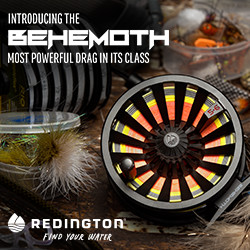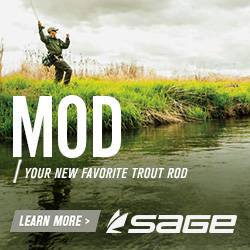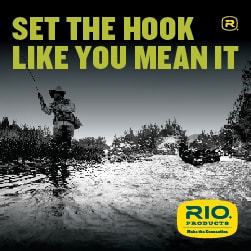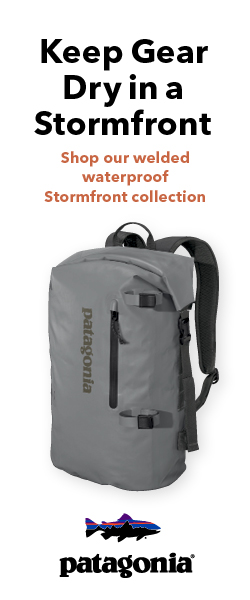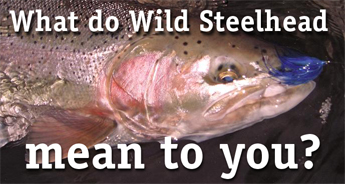
MEDIA ADVISORY FOR THURSDAY, OCTOBER 29, 2009
New Analysis Finds Anglo American’s Pebble Mine Project Poses
Significant Risks for Investors
WASHINGTON – A new investor analysis to be released this Thursday, October 29th, details the legal, political, financial, engineering and reputational risks that Anglo American plc faces in developing the Pebble Mine Project in the headwaters of Bristol Bay in southwest Alaska.
Anglo American is cutting its capital expenditures this year by 50 percent to relieve pressure on its balance sheet. Meanwhile, company officials still face mounting and potentially costly obstacles with the Pebble Project – all of which should give investors pause. London-based Anglo American has a joint 50-50 venture with British Columbia-based Northern Dynasty Minerals Ltd. – the Pebble Limited Partnership – to pursue the Pebble Mine Project.
The controversial project faces unprecedented opposition from local residents and from commercial and sport fishing industries, which generate $250 to $320 million in annual revenue in Alaska and support tens of thousands of U.S. jobs. More than a dozen U.S. and U.K. jewelers with estimated sales of $3.5 billion also oppose the project.
Researchers Bonnie Gestring with the Washington, D.C.-based conservation group Earthworks, and Steve Herz, an attorney who advises non-profits on international environmental and human rights law, prepared the report. U.S. and U.K. investment analysts and scientists familiar with the Pebble Mine Project reviewed the report.
For more information or to obtain an EMBARGOED copy of the analysis, please contact:
Harlin Savage, Resource Media, 720.564.0500, ext 11 (U.S.); harlin@resource-media.org
Lynda Giguere, Resource Media, 907.771.4020 (U.S); lynda@resource-media.org
 Saturday, November 14, 2009 at 12:00AM
Saturday, November 14, 2009 at 12:00AM 

